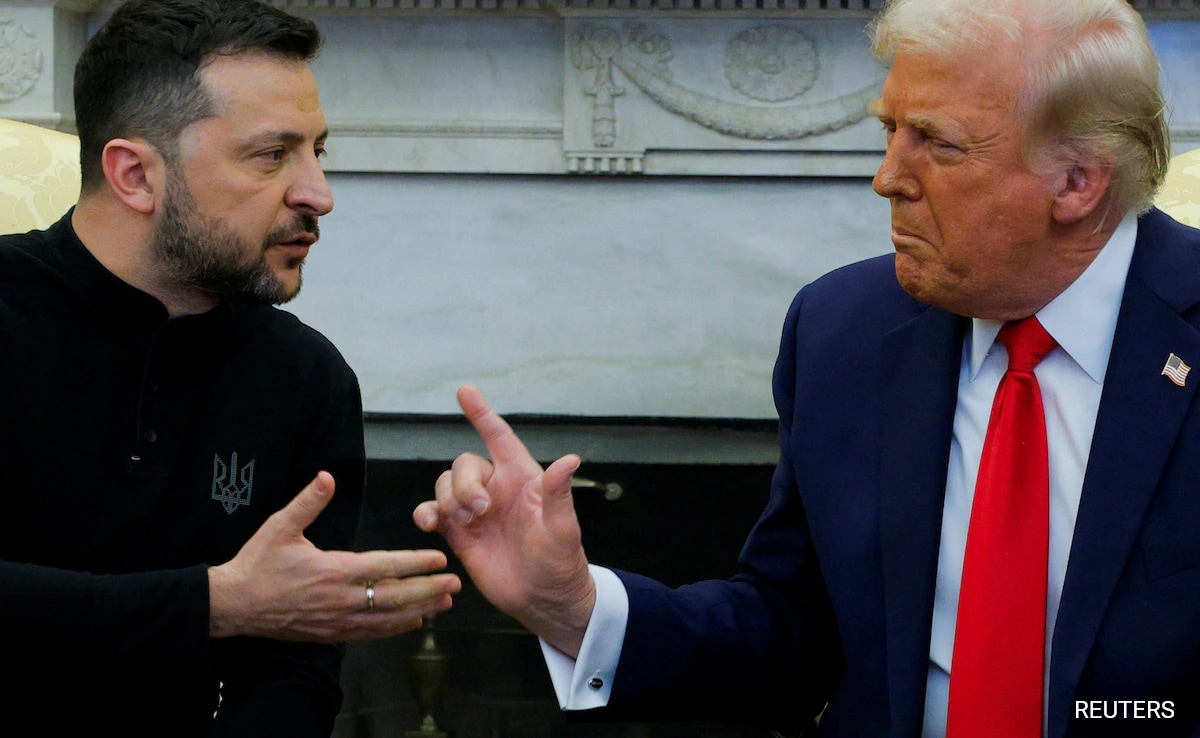Turkey has been witnessing widespread protests, on a scale not seen in more than a decade, following the arrest of Istanbul mayor Ekrem Imamoglu on charges of corruption. Authorities have detained more than 1,500 people, including many journalists covering the protests; a BBC reporter has even been deported from the country. A massive protest on Saturday called by the opposition Republican People’s Party (CHP) saw hundreds of thousands of protesters taking to the streets to press for early elections, three years before the expected schedule in 2028.
President Recip Tayyip Erdogan has denounced the rallies, labelling them as “street terror”. “Those who spread terror in the streets and want to set fire to this country have nowhere to go. The path they have taken is a dead end,” he said.
The Crash After A High
The uprising has been a dampener, coming just when Erdogan was riding on the glory of stellar foreign policy achievements. He had just secured a huge diplomatic victory in Syria, a vindication of its decade-old position on the country’s civil war. With the ouster of Bashar Al Assad, Turkiye’s protégé, Mohammed Al Sharaa has been ensconced in Damascus. In the Ukraine conflict too, Turkey has deftly balanced its relations with both Russia and Ukraine, benefiting from both. And, in the South Caucasus, it has gained a firm foothold by helping Azerbaijan achieve a resounding victory over arch-rival Armenia in the Karabakh war. It has played a successful role in the Somali civil war and is playing a defining role in Libya as well. South and Southeast Asia have also seen a widening Turkish footprint under Erdogan. Just last month, he concluded a successful three-nation tour in the region, where he signed lucrative trade deals with Pakistan and Malaysia, as well as a landmark defence deal with Indonesia for joint drone production. And now, with US President Donald Trump threatening the Euro-Atlantic Alliance, Turkey sees itself filling the gap with its large standing army. Along with this, its soft power through literature, Sufi culture, tele-serials, and Erdogan’s Islamist orientation has earned the country praise across the world.
Will The Strongman Bow?
Erdogan, who has won five parliamentary and two Presidential elections, is a shrewd politician who has perfected the art of survival and that of turning any adversity into an opportunity for himself and his AK (Justice and Development) Party, or ‘AKP’. This time, however, he may find that it is often easier to gain success abroad than at home. Though he has been in power in Turkey for more than 25 years, his hold on the country of late has become increasingly autocratic and simultaneously tenuous. True, Erdogan and his party had won the 2023 general elections, but it was with a much slimmer margin. The elections themselves were contentious, with his coalition failing to secure the 50% mark. His presidency had to be decided by run-off elections, ultimately, with his victory marred by widespread allegations that fair and free campaigning had been prevented.
While positioning Turkey as the rightful heir and inheritor of the Caliphate legacy, President Erdogan took Turkey on a path quite different from that envisaged by the republic’s founding father, Mustafa Kemal Ataturk. Erdogan’s administration lifted rules banning women from wearing headscarves in state-run institutions, with the exception of the judiciary, military and police, ending a decades-old restriction. He also tried to (unsuccessfully) criminalise adultery, and introduce alcohol-free zones, discouraged family planning, and advocated for larger families. Educational reforms were initiated, which banned Darwin’s Theory of Evolution from the curricula, while incorporating Islamic teachings. In 2020, the Hagia Sophia cathedral in Istanbul was turned into a mosque.
A Lesson To Learn
But none of this—not even the soaring Turkish arms exports under Erdogan’s watch—translated into economic prosperity for the country. The economy remains sluggish, with inflation standing at 44.38% in December 2024, a weakening lira, and soaring prices. The media has been censored, and hundreds of dissidents incarcerated.
The continued high-handedness of the administration has only served to fuel support for the opposition, whose manifesto has promised to put Turkey back on the path of secularism, make it a parliamentary democracy, do away with the presidential system, mend ties with NATO, prioritise relations with the West, fix the economy, and ensure press freedom and independence of the judiciary.
In local elections held in March last year, the CHP had emerged as the leading party for the first time in 47 years, winning 35 out of 81 provinces. The results sent shockwaves across Erdogan’s AKP party. Moreover, Imamoglu, deemed as Erdogan’s most powerful rival, is a more popular leader than the presidential candidate Kemal Kilicdaroglu, fielded in 2023. Right after his arrest and amid the massive protests, his university degree was revoked, effectively barring him from contesting elections in the future (in Turkey, presidential candidates are required to possess a university degree to run for office).
Whether the ongoing protests in Turkey will be successful in forcing early elections remains to be seen. But Imamoglu’s arrest, which has come just days before the presidential primaries, may prove to be counterproductive. Here’s something that Erdogan must bear in mind: the downfall of his arch-rival, Bashar Al Assad of Syria, began with his administration’s high-handed response to legitimate protests. A lesson to learn, perhaps.
(The author is a journalist and political analyst)
Disclaimer: These are the personal opinions of the author









